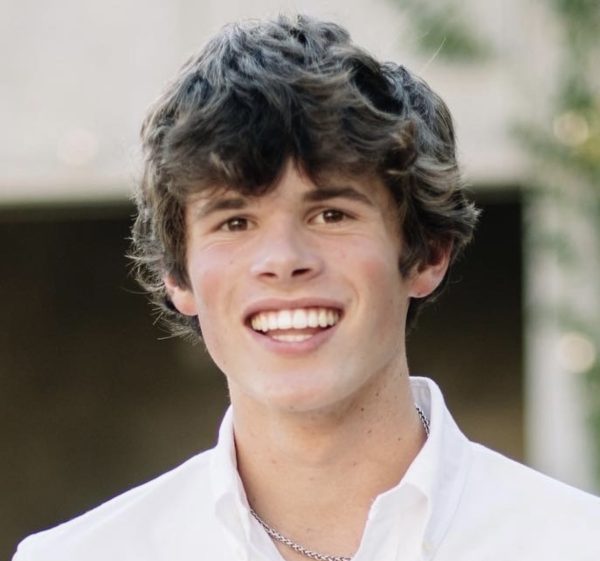June 19, 2024 marks the third time the University of Utah has officially celebrated Juneteenth with the flag-raising ceremony titled “And Still We Rise.”
President Joe Biden signed the Juneteenth National Independence Day Act into law in 2021, making Juneteenth a federally recognized holiday. However, Juneteenth has been a holiday for many African Americans since June 19, 1865.
This holiday marks the anniversary of the arrival of Union troops in Galveston, Texas, who first brought news to Confederate-owned slaves of their freedom. President Abraham Lincoln had signed the Emancipation Proclamation almost two years earlier.
The U’s Juneteenth celebration started at 9:30 a.m. with several speakers in the Park Building. Emma Houston, assistant vice president of the Equity, Diversity & Inclusion office, started the commemoration ceremony.
“The legacy of Juneteenth reminds us to never give up hope in uncertain times, to remember the resilience of generations that came before us,” Houston said. “And to keep these important stories, lived experiences, alive and for our future.”
Keynote speaker Dr. Sidni Shorter, executive director and CEO of the Utah Black Chamber of Commerce, took the stage next. In her speech, she listed her “keys,” which are the important ideas that Juneteenth represents.
“The last key I will give you when we talk about ‘Still We Rise’ is to make sure that we spend intentional time elevating each other,” Shorter said. “Elevating the whole nation around what Juneteenth means because it is truly about all of us as a collective, as Americans.”
After Dr. Shorter’s speech, The Daily Utah Chronicle asked what she wanted Americans to take away from the holiday.
“It is incumbent to understand that as dark as the past was, it is the past, but we have grown, we have evolved,” Shorter said. “We can’t forget it. We can’t ignore it, but we can also utilize that to continue to do the work that’s best for everyone.”
Soon after Dr. Shorter concluded, Robert Burch, director at Sema Hadithi African American Heritage and Culture Foundation, gave the “Ancestral Liberation Toast,” emphasizing the importance of recognizing and honoring one’s elders through libation.
In African culture, libation is a heritage and ritual offering to honor and respectfully greet one’s ancestors. Burch performed this offering by watering a houseplant after saying each of his prayers, with the audience responding, “Ashe!”
“We thank our ancestors and seek their support to bring stability to our lives, to bring clarity to our minds, to cleanse our hearts and protect them from harm,” Burch said. “We ask that they bless us with the indomitable spirit.”
Jeanetta Williams, president of the NAACP Salt Lake Branch, and Houston presented the soon-to-be raised Juneteenth flag. Williams discussed the flag’s history and symbolism.
Williams explained that the red, white and blue represent freedom and new beginnings. She highlighted the significance of the flag’s symbols, such as the star, representing a new horizon and opportunities for African Americans.
After explaining the flag’s meaning, the commemoration was moved outside to the flag pole at the top of Presidents Circle. There, the American flag was lowered by police dressed in ceremonial attire and was then raised again with the Juneteenth flag residing beneath.
After the ceremony, Donna Baluchi, the Equity, Diversity & Inclusion librarian at the Eccles Library, gave her thoughts as an audience member and as an EDI employee.
“I think that it is incredible that the federal government chose to finally make Juneteenth a national holiday that acknowledges 600 years of enslavement,“ Baluchi explained. “And as someone whose parents are immigrants, it’s a very different story when you choose and don’t choose.”
Baluchi then commented on the size of the Juneteenth ceremony audience, noting that it seemed smaller than years prior and may have to do with the closing of the EDI offices on July 1.
“The crowd today felt smaller than years prior, and a woman even started crying next to me,“ Baluchi said. “And I think that it’s really emotional to stand here and acknowledge all of these things while also watching all of the services and offices and people on this campus that are specifically here to help [closing].“



